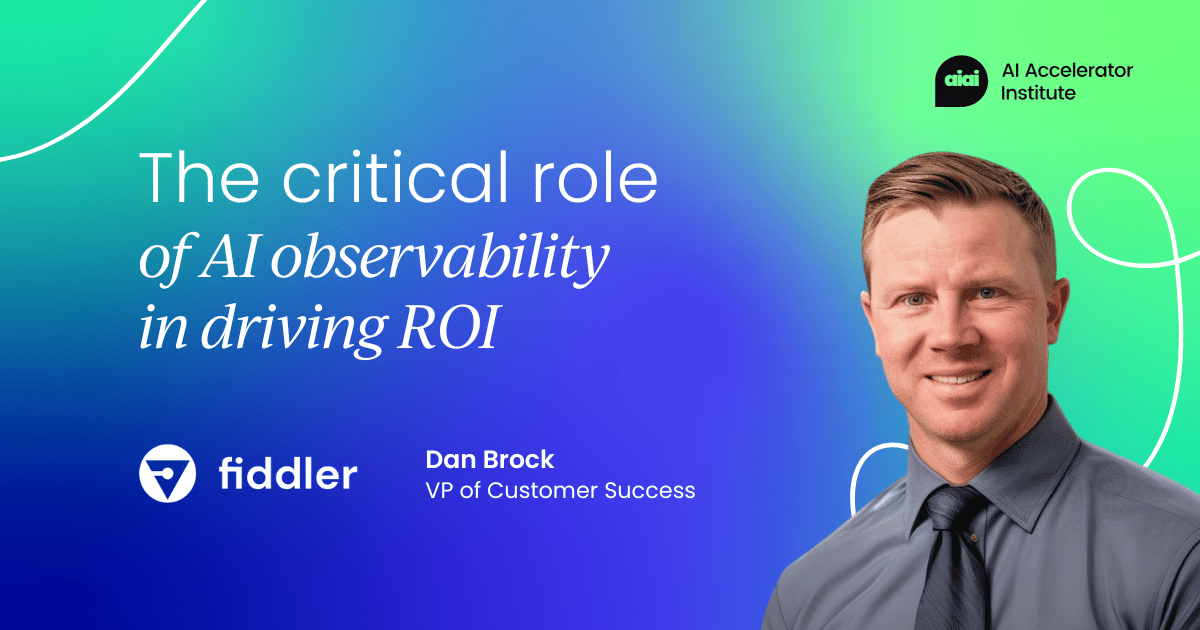Here’s the translation to American English:
In 2023, artificial intelligence (AI) has undergone a significant shift with the introduction of ChatGPT 3.5, leading to massive adoption across multiple sectors. A study revealed by McKinsey indicates that 72% of organizations have begun implementing some form of AI in their operations. This phenomenon is generating an estimated global economic potential of $4.4 trillion, with sectors such as banking and retail anticipating impacts of $340 billion and $660 billion, respectively.
However, this rapid adoption has also raised the risk of facing serious issues. Many companies have implemented AI systems without adequate preparation, as evidenced by the case of Air Canada, where a chatbot provided incorrect information about refund policies, negatively impacting its reputation. The emergence of “hallucinations” in models, biased responses, and security concerns are now a reality, demonstrating that these are not mere errors but challenges that can erode customer trust in the blink of an eye.
Trust has become a fundamental pillar for the success of any AI strategy. If artificial intelligence systems are not considered reliable, their use could come to a halt. Aspects such as data security, response validation, and protection against harmful content are essential to establishing that trust. Companies that embrace “responsible AI” policies not only act ethically but are also positioned to achieve a better return on investment (ROI).
In this context, observability in AI emerges as a crucial element to ensure this trust. Dan Brock, Vice President of Customer Success at Fiddler AI, notes that the success of artificial intelligence should be accompanied by a commitment to transparency and security. This would enable effective and beneficial integration at all levels.
Referrer: MiMub in Spanish










